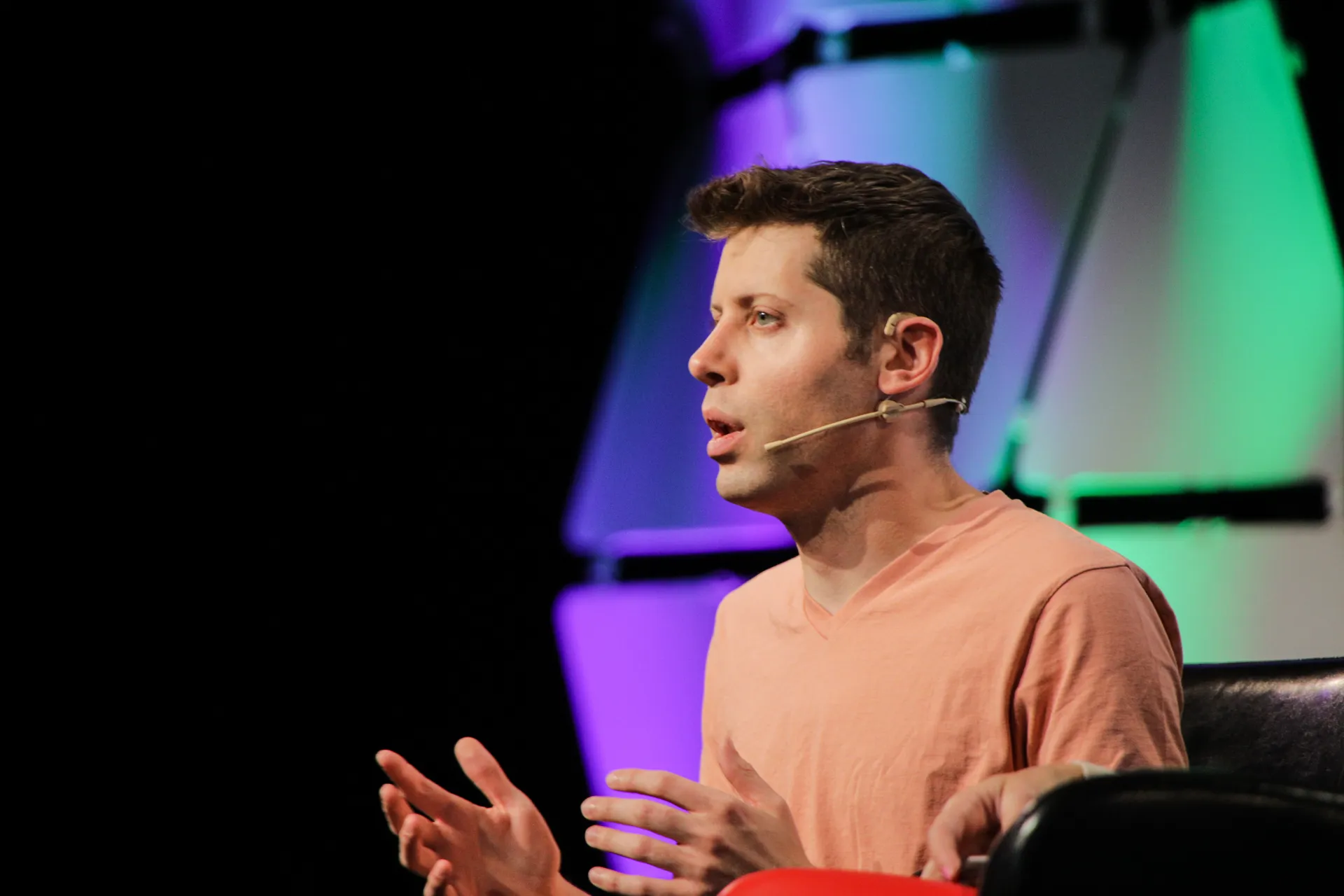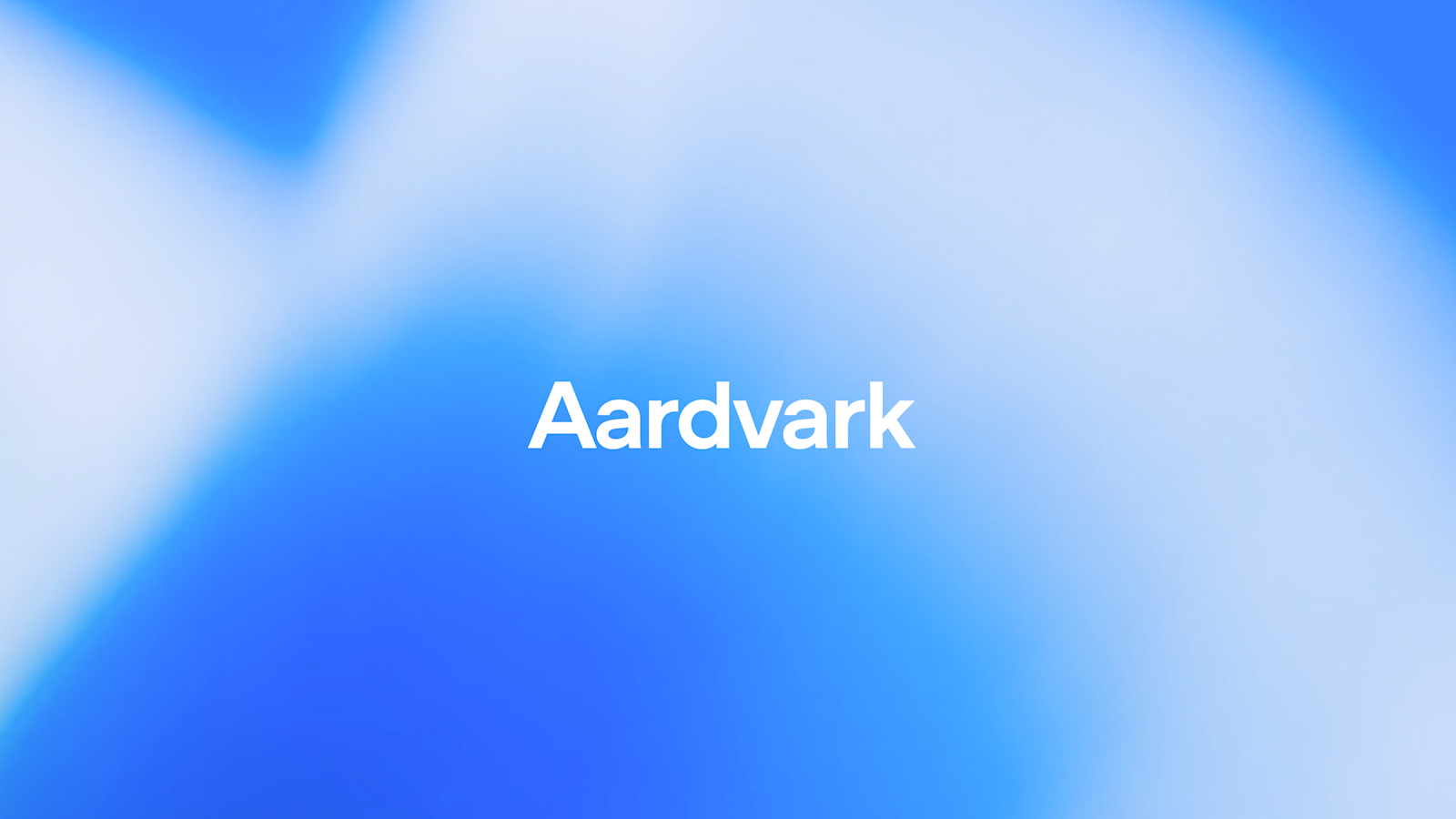In a defining moment for the future of artificial intelligence in software engineering, OpenAI has struck a landmark deal to acquire AI coding startup Windsurf for an eye-watering $3 billion. This acquisition is OpenAI’s largest to date, and it unmistakably signals the company’s intent to dominate not only conversational AI but also the domain of intelligent software development tools.
Windsurf: From Startup Spark to Coding Powerhouse
Windsurf, originally branded as Codeium, was launched in June 2021 by entrepreneurs Douglas Chen and Varun Mohan. What began as a startup aiming to modernize how developers interact with code quickly evolved into a formidable competitor in the AI-driven software tooling market.
At the core of Windsurf’s success are its flagship offerings:
- Cascade: A conversational interface that allows developers to receive real-time code suggestions, debugging insights, and contextual issue resolution—all via natural language queries.
- Windsurf Previews: An IDE-integrated tool that enables developers to preview live web applications in real time, streamlining the feedback and deployment loop.
These tools have empowered developers to convert plain-language instructions into functional code, cutting development time and reducing dependency on manual scripting. What sets Windsurf apart from similar offerings is its deep integration with environments like Visual Studio Code and JetBrains IDEs, which are already embedded in the daily workflows of millions of developers.
Growth Trajectory and Financial Validation
Windsurf’s rapid ascent didn’t go unnoticed in the venture capital world. In August 2024, it secured $150 million in funding, valuing the company at $1.25 billion. Just six months later, in February 2025, that valuation skyrocketed to $2.85 billion—just shy of the final acquisition price.
OpenAI’s $3 billion purchase represents a premium that underscores the company’s strategic confidence in Windsurf’s long-term value. It also reflects the intensifying race among tech giants to consolidate the most effective developer tools into their AI ecosystems.
Why Windsurf? The Strategic Fit for OpenAI
This acquisition is not a mere addition to OpenAI’s portfolio—it’s a cornerstone in its broader strategy to lead the AI-assisted developer tooling market. With the rise of GitHub Copilot (backed by Microsoft, OpenAI’s major investor) and other entrants like Cursor by Anysphere, OpenAI needed a native, differentiated asset to remain competitive.
Windsurf provides just that. Unlike Copilot, which operates primarily as a code completer, Windsurf brings a more dynamic, conversational model of interaction—akin to ChatGPT but grounded in software development. This synergy opens the door for a unified experience where users can generate documents, code, and even run applications within the same AI ecosystem.
OpenAI is expected to integrate Windsurf deeply with its existing models, especially GPT-4 and the anticipated GPT-5, to offer enhanced features like automatic code refactoring, real-time testing support, and even end-to-end deployment assistance.
Industry Impact: Reshaping Developer Workflows
With this acquisition, OpenAI is positioning itself at the heart of the development stack. It’s not just buying a coding assistant—it’s buying influence over how software is written in the AI age. As Windsurf integrates with IDEs, build systems, and cloud platforms, OpenAI can shape how developers design, debug, and ship code.
Moreover, the deal gives OpenAI an edge in its ongoing rivalry with Google, Amazon, and IBM, all of which are investing heavily in AI developer platforms. This move also aligns with industry forecasts projecting the AI-assisted coding market to grow from $4.3 billion in 2023 to more than $12 billion by 2028.
It’s also a signal to the broader software engineering community: the next wave of development tools won’t just be AI-powered—they’ll be AI-native.
Regulatory and Competitive Considerations
As with any large tech acquisition, OpenAI’s purchase of Windsurf will likely face regulatory scrutiny, particularly in the U.S. and European markets. Concerns about monopolistic control over developer ecosystems and AI tooling are already surfacing, especially as OpenAI consolidates capabilities that touch both consumer-facing products and backend developer tools.
Despite these headwinds, the acquisition is expected to close without major obstacles. Windsurf’s current clients and integrations will likely continue uninterrupted, though OpenAI may eventually migrate parts of the toolset under the ChatGPT brand or as part of a new developer suite.
What Comes Next?
OpenAI’s Windsurf acquisition is not just a tactical investment—it’s a bold strategic repositioning. As the boundaries between natural language processing and software engineering blur, tools like Windsurf could become the new interface between humans and machines.
Expect to see:
- Deep integration of Windsurf into future versions of ChatGPT
- New subscription models targeting professional developers
- Tighter coupling with cloud-based deployment platforms and DevOps pipelines
This move reaffirms OpenAI’s ambition not only to lead in AI language models but to set the standard for how software is conceived, built, and deployed in the AI age.





